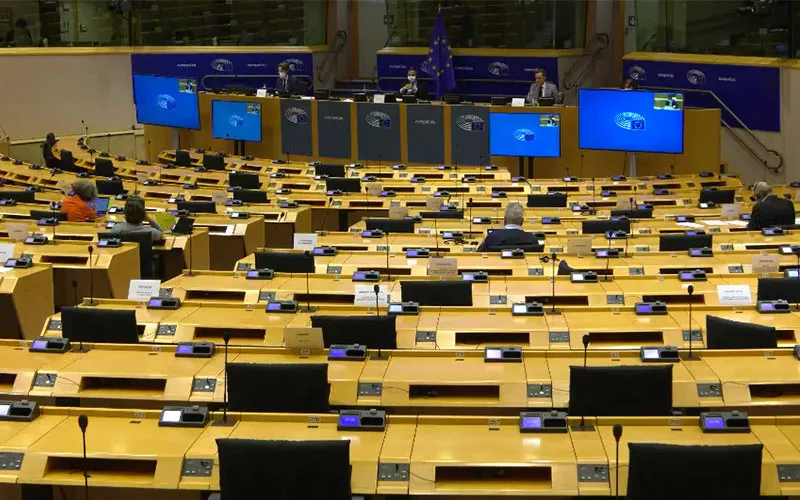Maseru, 02 September, 2021 / 9:15 pm (ACI Africa).
Catholic charity foundation, Denis Hurley Peace Institute (DHPI), has called on the European Parliament Foreign Affairs Committee (AFET) to ensure that funds availed to Mozambique to help in the fight against insurgents in the country are put to good use.
In his Wednesday, September 1 address to the European Parliament, DHPI Director Johan Viljoen highlighted the possibility that aid to the Southern African country is used to aggravate the suffering of the people in the country’s embattled Cabo Delgado Province.
He made reference to Mali where the country’s army that is receiving heavy international funding to fight insurgents has instead been accused of various crimes against innocent civilians.
“It would be wrong to assume that the insurgents are solely responsible for atrocities. There are many atrocities and gross human rights violations committed by government forces…The Malian army is accused of killing more civilians last year than the jihadist insurgents it is supposed to be battling,” Mr. Viljoen told the European lawmakers.
He added, “This could just as easily have been written about Mozambique. European taxpayers need to know: is their funding being used to stabilize Cabo Delgado, or is it being used to strengthen the capacity of the Mozambican State to repress its own citizens?”








